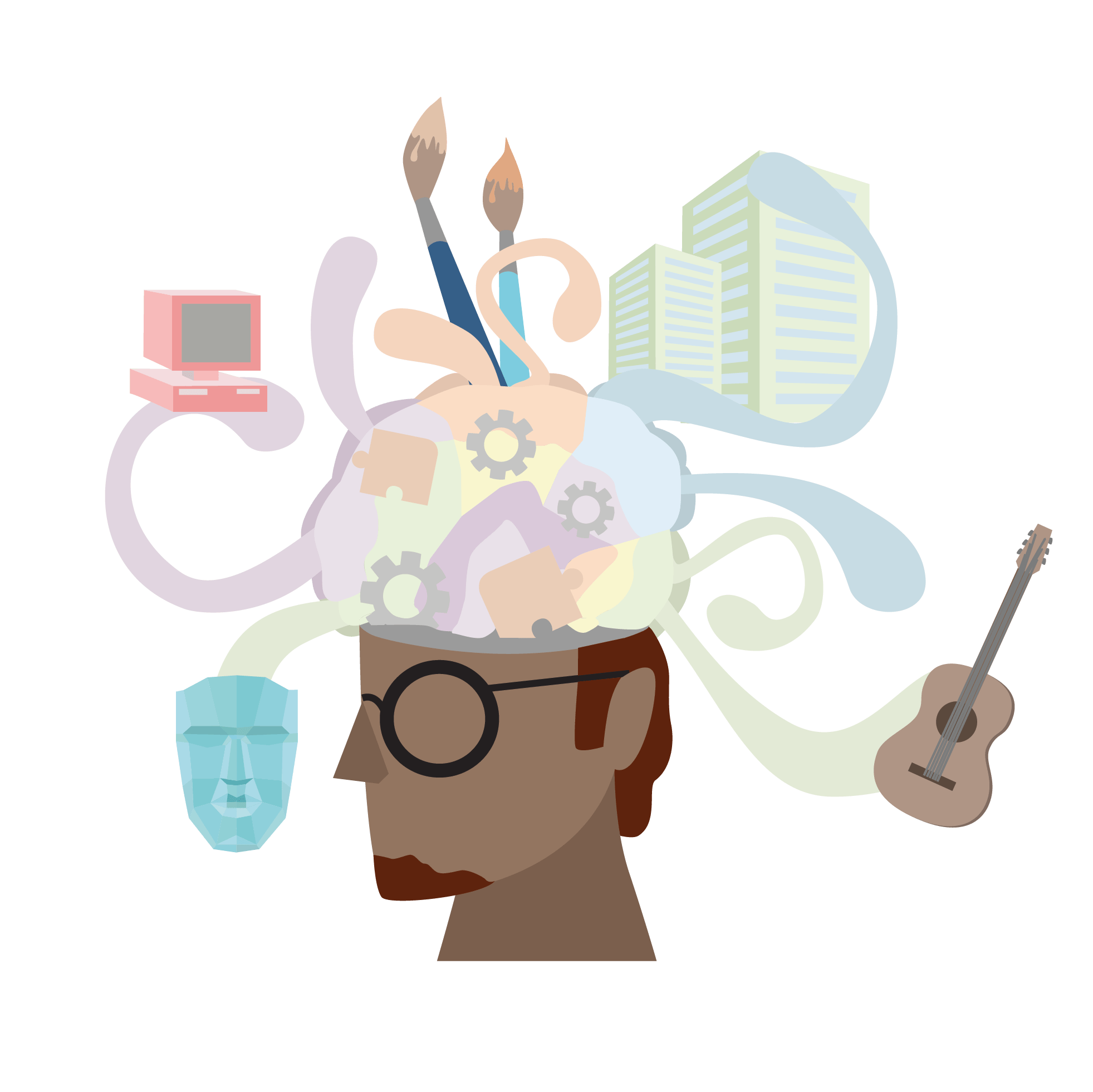Neurodiversity definitions...
What does it mean to be neurodivergent?
Someone who is neurodivergent behaves, thinks and learns differently compared to those who are neurotypical. This term can be used to describe an individual whose brain functions differently to what we consider “typical”. This includes people with autism, ADHD, Tourette’s, dyslexia and a range of other neurodiverse conditions.
How do you know if you're neurodivergent?
If you think you may be neurodivergent, there are lots of resources and support that you can access. You might find it helpful to take one of our neurodiversity quizzes to gain a better understanding of which traits you have.
The results of these quizzes don’t count as a diagnosis, but you can take your results to the doctor to help explain why you believe you may be neurodivergent. If appropriate, your doctor can refer you to a specialist for a formal diagnosis.
What is Neurodiversity?

Neurodiversity is an approach to education and ability that supports the fact that various neurological conditions are the effect of normal changes and variations in the human genome.
ADHD, Autism, Dyspraxia, and Dyslexia all fall within the spectrum of “Neurodiversity” and are all neurodiverse conditions.
Neuro-differences are recognised and appreciated as a social category similar to differences in ethnicity, sexual orientation, gender, or ability.
For example, a neurodivergent condition such as dyslexia is an integral part of a person. To take away their dyslexia is to take away from the person.
Types of Neurodiversity






